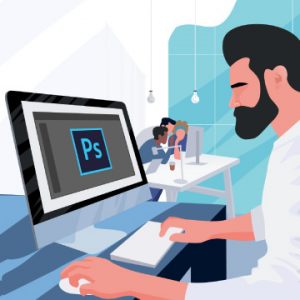"Wayne R." wrote in message
Are film scanners worth their cost?
A couple of economic issues to consider.
For new images, I’d recommend a digital camera. The quality now is excellent – more than adequate for 8×10 enlargement and larger, zero film cost, and there is no scanning time.
For existing snapshots, most people will be happy with a flatbed, which also serves as a long term appliance for scanning documents, drawings, etc.
If, as I do, you have hundreds or thousands of existing negatives and slides, the following economic factors are worth thinking about.
First, the cost of the scanner versus the cost of sending the negs out for high quality scans – PhotoCD or otherwise. This cost runs in the neighborhood of 50 cents per image and should be balanced against the price of a scanner, minus what you could get for it on eBay by selling it afterward. I bought my film scanner some years ago based on just this equation.
The second (often neglected) economic issue is the time it takes you to clean, scan, and "spot" your negatives and slides. For me, even when I’m just cranking through rolls of film, we’re talking a minute or two per image, or about 45 minutes to an hour for a roll of film, just to get the images to disk.
If you spend $1000 for a high end scanner, and have 2000 images to scan, you are breaking even on dollar cost. But do figure in the many hours – two minutes per image, say – of de-dusting and scanning time that you will need to invest. Believe me this gets old fast, and you may wish you’d simply sent your collection of legacy negs to be scanned.
There are also those who value the superior quality of film, and feel that scanning is simply part of the process of getting the best possible digital image. Fine – I love high quality photographs, and hope they keep up their hard work. As one who is happy with 3 megapixel tack-sharp 8×10’s, this is not really a factor for me.
—
Mike Russell
http://www.curvemeister.com http://www.zocalo.net/~mgr http://geigy.2y.net

